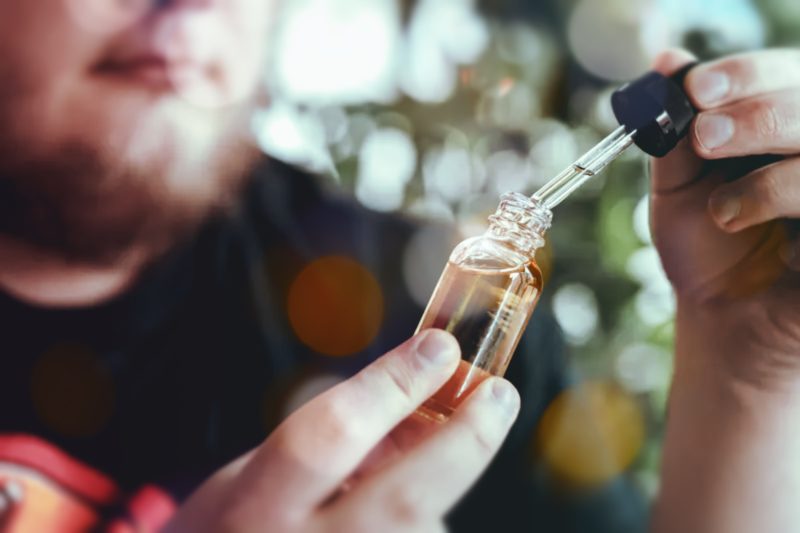
Phytol is an ingredient in vape pens that sometimes goes by “terpenes” in the listed ingredients of a concentrate. Turns out, this ingredient that is used in many vape pens has shown to be extremely unhealthy in a private study that came out in 2020.
This study came to light in Canada on June 23rd, and was conducted by Canopy Growth, the largest cannabis company in the country.
Phytol adds flavor to a cartridge by mixing cannabis oil and a thinning agent called propylene glycol. It also dilutes the THC, reducing potency in the process.
In August of 2020, a cannabis store chain owned by Canopy Growth pulled all of their vape cartridges that contained phytol from their shelves. At the time, the study remained private.
Since then, the study has been requested to be released publicly via Canada’s Access to Information Act. Finally, two months ago, it was released.
In the study, Canopy Growth found that higher levels of phytol inhalation damage lung tissue in lab rats. A threshold when this damage begins was not found in the study.
Matthew Elmes, director of scientific affairs at Cannacraft, said that phytol “appeared to have relatively high pulmonary toxicity. At the very least, based on these preclinical results, I think it certainly should not be considered for use as any sort of vape diluent!”
The concern at this point is that it is unclear where the safe level of phytol lies – or if there even is one. The dosage given to the rats in the study was extremely high and way more than you would inhale in a vape. According to Shawna Vreeke, a safety chemist at True Terpenes, the amount the rats received would be like hitting a vape 250 times within a 30 minute span.
But the data is alarming, enough so to warrant Canopy Growth not allowing phytol in any of their stores across Canada.
Phytol exists mainly in illicit vape cartridges. It works to dilute the THC in order to sell more for less, so even before the release of this study, it wasn’t the most popular ingredient, considering most vape smokers are looking for the most potency possible. However, it’s found scarcely in some vape ingredients, so always check the labels.
Along with vitamin E acetate, phytol will probably soon get banned across all vapes, and will be yet another reason to not buy any illicit vapes, where regulations don’t have to be followed. It’s just not worth the lung damage.
Read the full story at Leafly.


